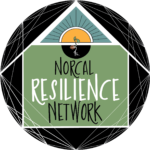
Grants for Oakland-Based Sites
Funding for Oakland Sites enrolled in the Resilience Hubs Leadership Training Program
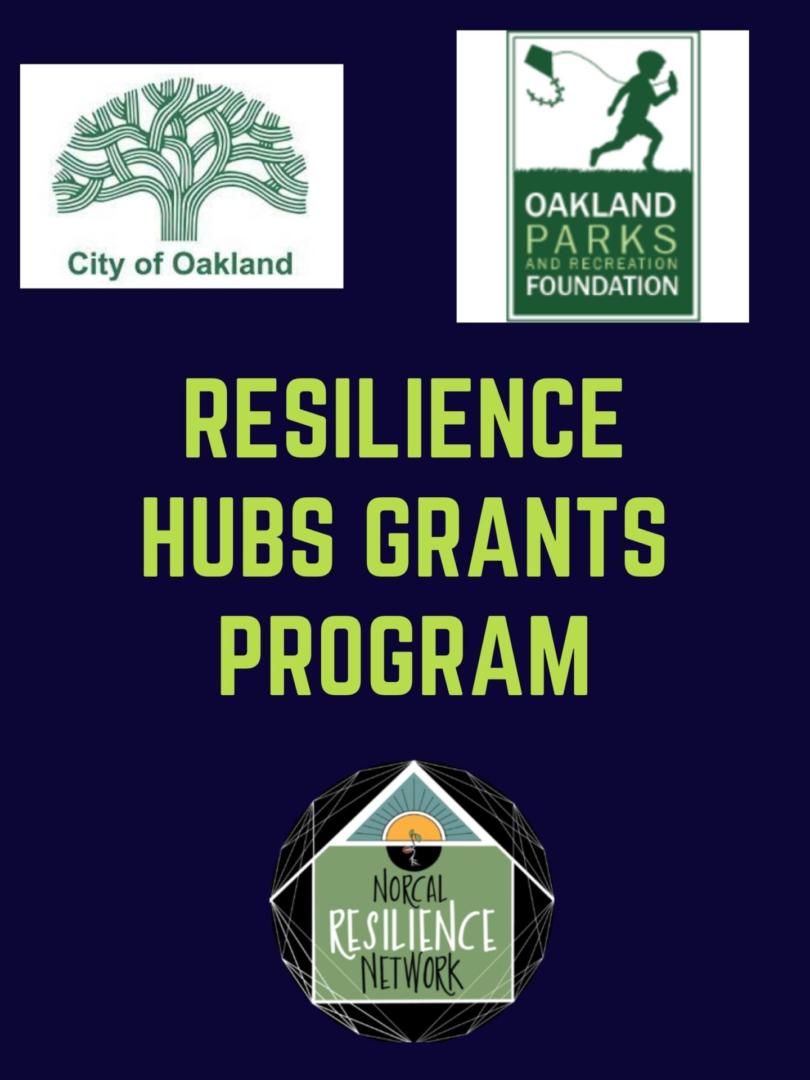
Grants for Resilience Hubs, Spaces and Blocks
The Oakland Parks and Recreation Foundation is pleased to be coordinating a grants program in collaboration with the City of Oakland’s Office of Sustainability and Resilience, supporting project funding for Oakland-based sites who participated in the 2021 Resilience Hubs Leadership Training Cohort.
Groups may request between $1,000-$5,000, with funding received up front. The mini grant announcement will go out on May 4, 2022, application is due on May 16th, 2022, and final selected grantees to be announced on May 23, 2022.
Grant funding must be used to strengthen community resilience. Examples of fundable projects may include (but are not limited to):
- Supporting community engagement and outreach
- Resilience-building skill shares, training sessions, neighborhood asset mapping activities and events (such as repair cafes and block parties with resilience themes)
- Skill shares and workshops related to community organizing and capacity building, such as cultural sensitivity and conflict resolution
- Developing plans or protocols for your resilience hubs/spaces (including emergency plans or facility upgrades such as backup power or upgrading electrical systems)
- Disaster preparedness supplies
- Infrastructure related to energy resilience (solar/battery backup, efficiency, etc.), water conservation and food growing
- Activities/infrastructure related to composting, building soil, carbon sequestration with biochar
GRANT GUIDELINES
Please review the following minimum requirements and information before applying:
- Sites must have been enrolled in the NorCal Resilience Network’s Resilience Hubs Leadership Training Program.
- The project must be located within the City of Oakland limits.
- Your project must be affiliated/have (the start of) a connection with a city facility, such as a park, community garden, library or recreation center.
- The proposal must be located at a site that has a safe, reliable electricity source, or will provide access to safe, reliable electricity source at a given location.
- Your project must include a project timeline for the project to start by June 1, 2022.
- Applicants will be offered one training session about the grant application, which will include suggestions for potential partnerships with city facilities and support for how sites/individuals can collaborate with each other (especially those who do not initially qualify for the above-mentioned criteria).
WANT SOME INSPIRATION FOR PROJECT IDEAS? READ BELOW!
This is not an exhaustive list; we welcome all projects, as long as they fit the above-mentioned requirements.
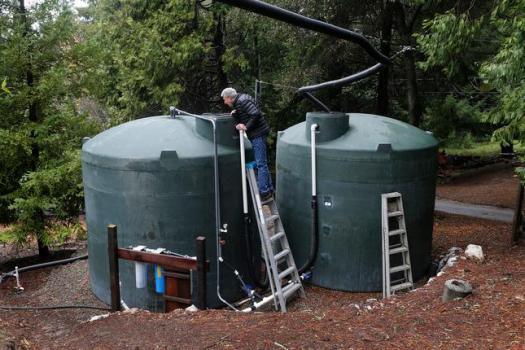
WATER CONSERVATION INFRASTRUCTURE
Request funds for a greywater or rain water system, or for drip irrigation for your garden. Then host a community workshop to install it.
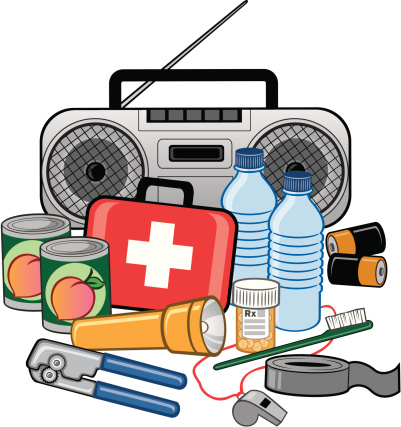
DISASTER PREPAREDNESS SUPPLIES
Buy air filters, N95 masks, 1st aid kits, fans and other disaster preparedness supplies for your site or neighborhood. Then host a workshop to educate participants about disaster preparedness topics, and to pass out supplies to vulnerable residents in your neighborhood.
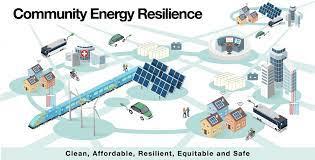
ENERGY RESILIENCE
Buy a battery backup system, to ensure off-grid power. Or buy solar lanterns or other infrastructure, and host a workshop to educate participants about off-grid power.

COMMUNITY VISIONING SESSION OR SITE ASSESSMENT
Organize a community visioning session. Ask community members how they would envision their resilience hub, space or block.

CONFLICT RESOLUTION
Request funds for a facilitator to support a conflict resolution process if your site is in need of one.
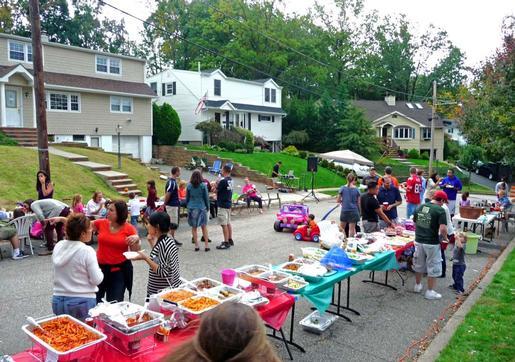
COMMUNITY BUILDING EVENT
Organize a block party or any type of event to build community. Coordinate a skill share or workshop at the event that also educates participants about resilience.
SCORING CRITERIA
Grants will be ranked according to the following suggested criteria:
- Is there an outreach component to the project?
- What is the level of integration/involvement with City-owned facilities?
- Does the project support people who are medically dependent on electricity (people with disabilities, chronic illness etc)? Please note that this is suggested criteria, and not a requirement.
- Does the project’s activities target/center other frontline or vulnerable communities? Eg: Black and Latinx living in the most polluted census tracks, low-income and low-wealth individuals, unhoused or curbside communities, people whose jobs require work outside, low-income elders, people with disabilities or mobility challenges, transit-dependent individuals, non-english speakers. Examples of activities include: Improve public facilities and resource distribution in unhoused communities / encampments, including sanitation / handwashing stations, bathrooms, waste pickup / hauling infrastructure, etc; Distribute resources, such as N95 masks, inexpensive box fan filters, or water, to frontline community workers, especially during emergencies
- Does the project address an Equitable Climate Action Plan-defined equity gap? Eg: food (re)distribution facilities & programing; energy resilience measures (e.g. weatherization, efficiency, system upgrades, storage, etc) in facilities serving frontline communities; and urban farming in communities with higher rates of food insecurity.
- Has the community been involved (or will they be involved) in the creation of the project?
FREQUENTLY ASKED QUESTIONS
What are some examples of partnering or collaborating with city facilities?
Examples might include:
- Inviting staff members and community members from the facility to a community event that you host at your site. Likewise, the facility could be included as part of the grant to host a similar workshop (such as water conservation or food growing).
- Hosting a neighborhood event with the city facility to support a community mapping activity to access the neighborhood for needs and assets
We don't currently have a relationship with a city facility. Do we need to have one established before writing this grant proposal?
No, you do not need to have a relationship with a city facility before writing this grant. The Oakland Parks & Recreation Foundation would be happy to provide introductions to any nearby community gardens or community centers you might be interested in approaching to collaborate with. You may simply write in some possible partners, but do not need. to have thse partners solifided before turning the grant.
What kind of support will the NorCal Resilience Network be providing to sites after the training ends in October?
NorCal Resilience does not currently have funding to robustly support sites after the training ends. But we would love to continue working with you! You may write us as a line item to support any planning and implementation to support your project. That could include support for community workshop planning, visioning sessions and connecting to consultants.
What will the grant fund?
You may request funds for:
- Supplies and materials, including for events and workshops
- Consultants for workshops or site assessments
- Planning (including funds for the NorCal Resilience Network)
- Stipends for community organizing (no more than 25% of the budget)
I was part of the training but enrolled as an individual. Can I apply for a grant?
Grants are only designated to groups which applied as sites. You are welcome to ask a site if they need your support.
I have more questions about this grant! Whom can I ask?
Please email NorCal Resilience staff for general questions: